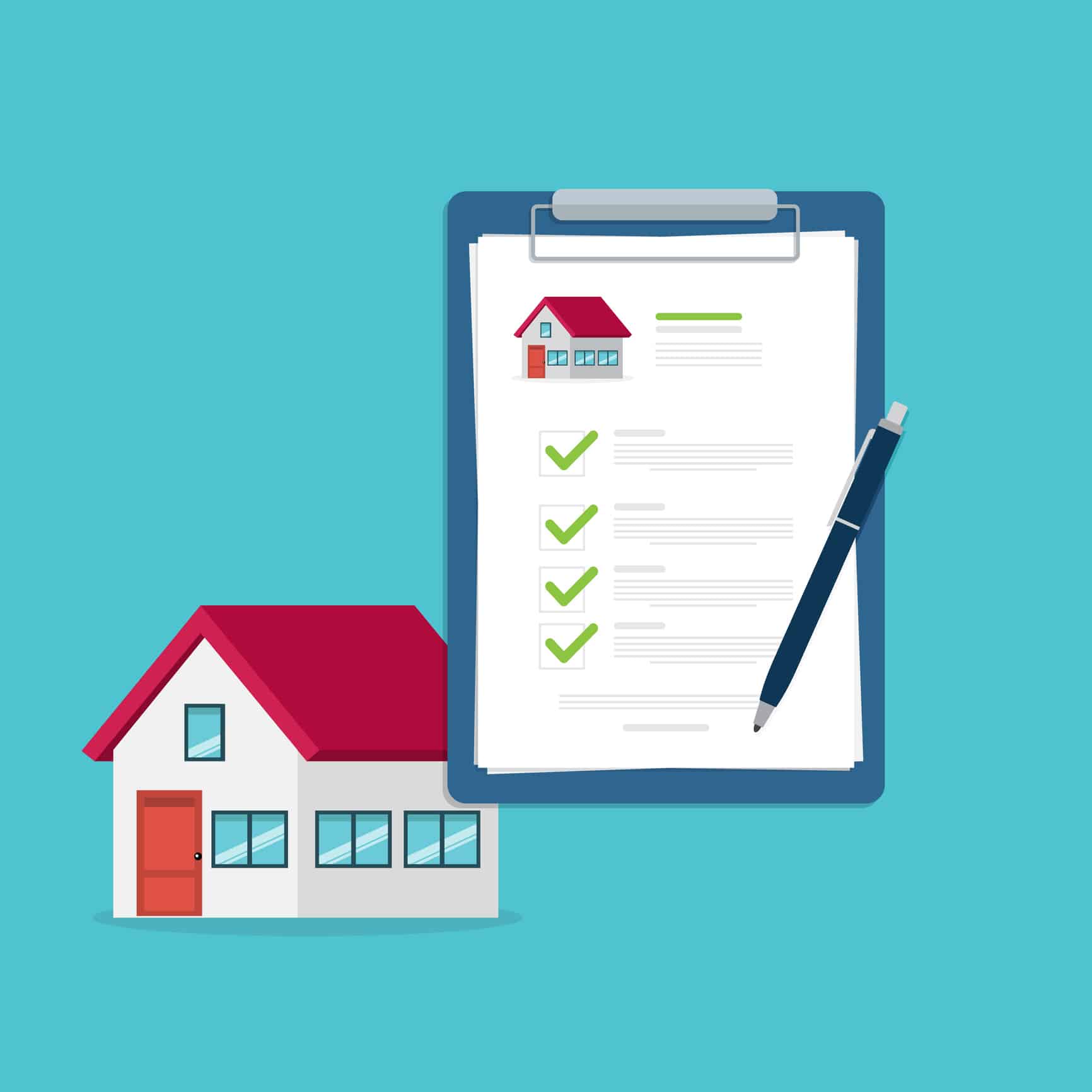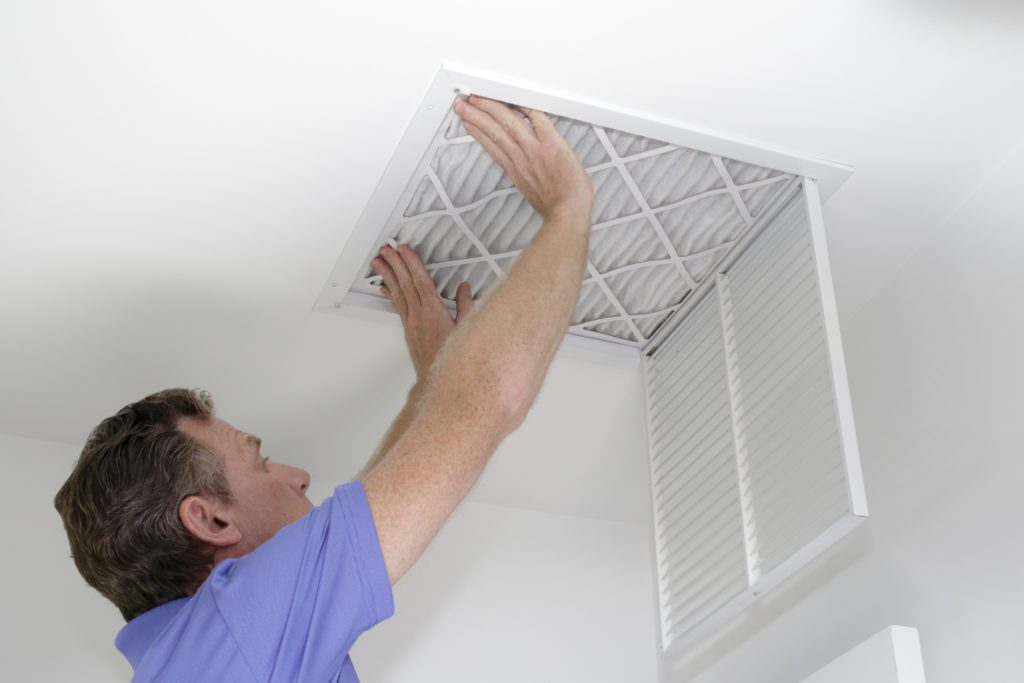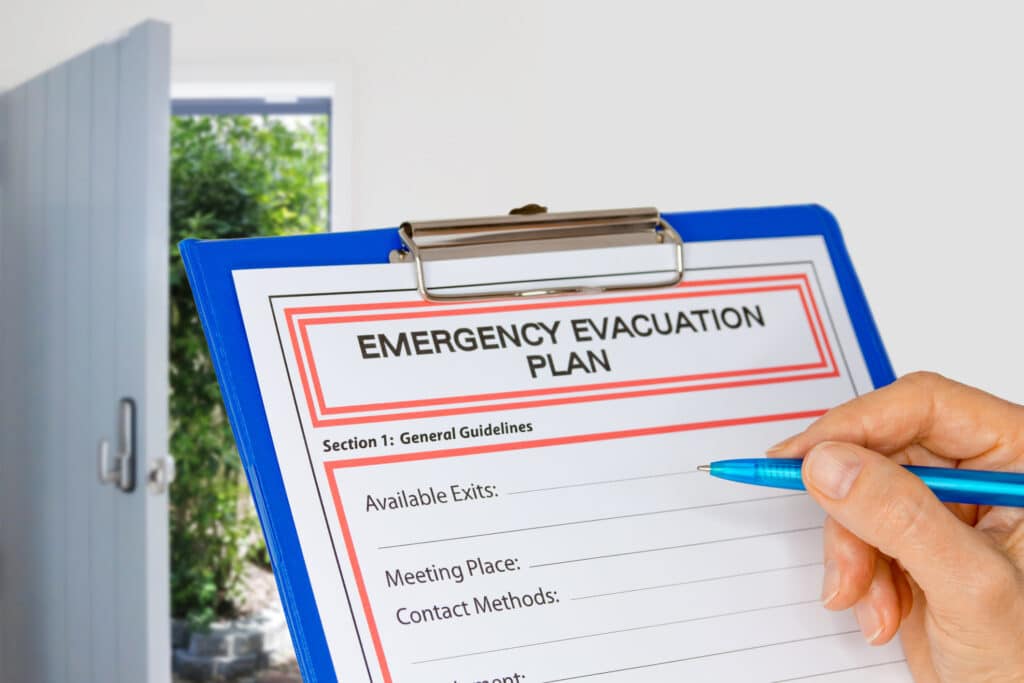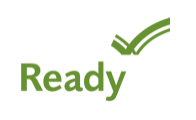
This is the time of year that we focus on making changes to our health and creating new habits. Our homes are where we spend most of our time and we know that our environment can affect our physical health. Here are some ways to make your home the healthiest and safest for your family.
- Indoor Air Quality- The EPA reports that indoor air quality can be up to five times worse than outdoor air. Storing household cleaners outside of the living space and keeping air filters changed regularly are a great place to start.
- Carbon Monoxide and Smoke detectors- The newer alarms are 10 year battery-free, so the whole detector needs to be replaced. Check the manufacturer date on the back. If yours uses batteries, replace them regularly. We recommend every time you set the clocks in spring/fall.
- Inspect For Drafts- Check weather stripping around exterior doors. Make sure your fireplace damper is closed when not being used. Bathroom fans and ceiling can lights can have gaps that create air leaks to the attic that should be sealed.
- Clean Dryer Vent- Make sure you clean the lint catcher with every load; and have your dryer duct cleaned regularly to prevent the possibility of fire.
- Water Leaks- Check your water heater, under sinks, and outside hose bibs for any leaks. What temperature is your water heater set to? Set it a bit lower in the winter to save some money.
- Cover Pipes- After checking for leaks, wrap any exposed pipes to keep them from freezing in cold winter temperatures.
- Furnace Check- Is your furnace keeping up with the winter cold? If it is struggling to keep up or making noises it may be a sign that it is in need of a heater tune-up or due for replacement.
- Thermostat Batteries- Replace the batteries in your thermostat annually (if it isn’t hard- wired). Gently rub the metal contacts before putting fresh batteries in to make sure they are free from corrosion.
- Stock Your Emergency Kit- be sure to have flashlights, fresh batteries, and first aid kits easily accessible. Keep water and blankets in your car in the winter. For help on creating a family emergency plan, check out ready.gov/plan for more information.
- Family Emergency Plan- How to exit the home in case of fire. How to exit the area in a natural disaster. Practice it! Have a safe meeting place. Make sure everyone has a family member’s phone number saved who lives out of the area for everyone to call. A lot of times when local phone lines go down you can still make calls out of area.
Need some extra guidance to keep make a healthy home? We are here to help! Reach out to us here or by phone at 916-481-0658.



